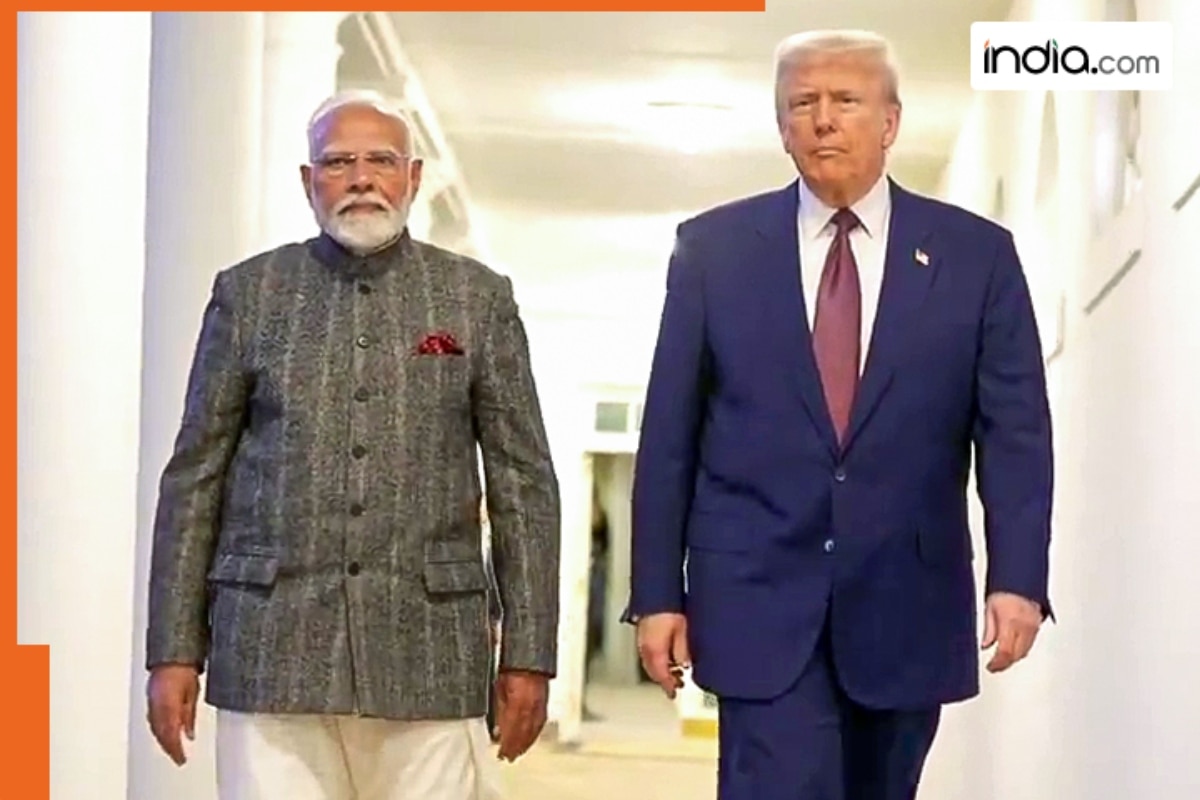The Supreme Court on Friday acquitted a man convicted of cruelty and causing dowry death of his wife, highlighting repeated mistakes by trial courts in such cases. Justices Abhay S Oka and Ujjal Bhuyan noted the lack of specific instances of cruelty or harassment in witness statements.
The court emphasized the need for state judicial academies to intervene to prevent similar errors in future cases. The victim's mother failed to attribute any particular act of cruelty or harassment to the husband during her deposition on the dowry demand, a crucial requirement under Section 304-B.
Despite the prosecution's allegations, the Supreme Court ruled that both offences under Sections 304B (dowry death) and 498A (cruelty towards a woman) were not proven beyond reasonable doubt. Consequently, the man was acquitted, overturning lower court decisions.
The case involved the man and his parents, who were initially charged with the mentioned offences following the woman's death by suicide within seven years of marriage. The postmortem attributed the cause of death to hanging, and key witnesses included the victim's mother, brother, and maternal uncle.
Ultimately, the Supreme Court's decision to acquit the man signals a critical reevaluation of how such cases are handled by the judiciary, emphasizing the importance of evidence and due process.





